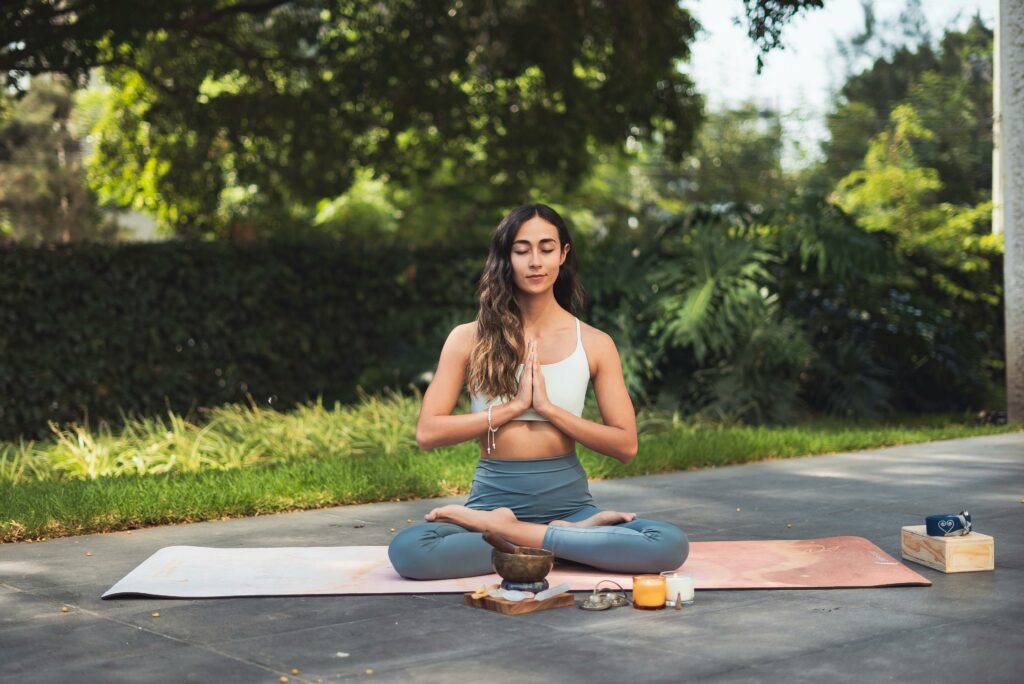Meditation: An Ancient Practice with Modern Benefits
Meditation is a practice that involves focusing or clearing your mind using a combination of mental and physical techniques. It can be used to relax, reduce anxiety and stress, and even improve overall health. Some people turn to meditation to help them adapt to challenges, such as quitting tobacco products.
This practice dates back thousands of years, with forms originating from various cultures worldwide. However, modern science has only recently begun to study it in depth. Advances in technology, such as electroencephalography (EEG) and functional magnetic resonance imaging (fMRI), have helped scientists uncover the profound effects meditation can have on the brain and mental health.
While someone meditating may appear to be simply breathing or repeating a phrase, their brain is actively transforming. Studies show that meditation positively impacts mental health and enhances brain function.
Is Meditation a Religious Practice?
Meditation has roots in ancient philosophies and several world religions, but it is not exclusively religious. You don’t need to follow a specific faith to meditate and experience its benefits.
Here are examples of both religious and nonreligious meditation methods:
- Buddhist: Originating from Buddhism, forms like Theravadan, Zen, and Tibetan tantric meditation emphasize mindfulness and spiritual growth.
- Christian: Practices such as prayer and contemplation often involve meditative focus on questions or divine concepts.
- Guided Meditation: A nonreligious form, often used in therapy or group settings, where a guide helps participants focus their thoughts.
- Osho Meditation: Also known as “dynamic meditation,” it includes vigorous breathing exercises and is rooted in Hindu traditions.
- Sufi Meditation: Practiced by followers of Sufism, a mystical branch of Islam.
- Taoist Meditation: Associated with Taoism, it focuses on balance and harmony, stemming from Laozi’s teachings.
- Transcendental Meditation: Involves repeating a mantra and comes from Indian traditions.
- Yoga: Combines physical exercise with meditative focus and can be practiced religiously or secularly.
How to Meditate
Meditation takes many forms, and there’s no single “correct” way to do it. Common techniques across different forms include:
- Body-Centered Meditation: Focus on physical sensations throughout the body.
- Contemplation: Concentrate on a question or idea without letting your mind wander.
- Emotion-Centered Meditation: Focus on specific emotions like kindness or happiness.
- Mantra Meditation: Repeat a word or phrase aloud or in your mind.
- Meditation with Movement: Involves controlled breathing or physical actions, like walking or stretching.
- Mindfulness Meditation: Stay fully present in the moment, observing sensations and thoughts without judgment.
- Visual-Based Meditation: Focus on a physical object or visualize a mental image.
Benefits of Meditation
Research shows that meditation offers several benefits, including:
- Reduced symptoms of anxiety, depression, and PTSD.
- Improved focus, concentration, and problem-solving skills.
- Better emotional regulation and resilience.
Since mental health influences physical health, meditation can also improve sleep, lower blood pressure, and enhance heart health.
Why Does Meditation Work?
Meditation’s benefits are tied to changes in brain structure. Regular practice strengthens connections between neurons, making specific brain regions denser and more active. These areas often govern:
- Senses: Enhancing perception and awareness.
- Cognition: Improving thinking, focus, and decision-making.
- Emotions: Processing negative emotions like fear and anger more effectively.
These changes help protect against age-related cognitive decline and promote emotional well-being.
Starting a Daily Meditation Practice
With so many meditation styles, finding the right one can feel overwhelming. Here’s how to get started:
- Research: Learn about different types of meditation through books, articles, or online resources.
- Seek Advice: Consult your healthcare provider or mental health professional for guidance on meditation techniques.
- Ask Others: Friends, online communities, and platforms like YouTube or Reddit can provide valuable tips. Smartphone apps can also guide beginners.
- Experiment: Try meditating at different times of the day to see what suits you best.
Tips for Success:
- Set aside time daily for meditation and make it a habit.
- Choose a quiet, comfortable place.
- Don’t hesitate to seek help or guidance from instructors, books, or online resources.
A Final Note
Meditation is a timeless practice with countless benefits for the mind and body. You don’t need to be religious to meditate and experience its transformative effects. Thanks to modern science, we now better understand how meditation works and why it’s so beneficial. Whether you’re a beginner or experienced, there’s always room to explore and deepen your practice.
Take a deep breath, focus, and discover how meditation can enhance your life.

